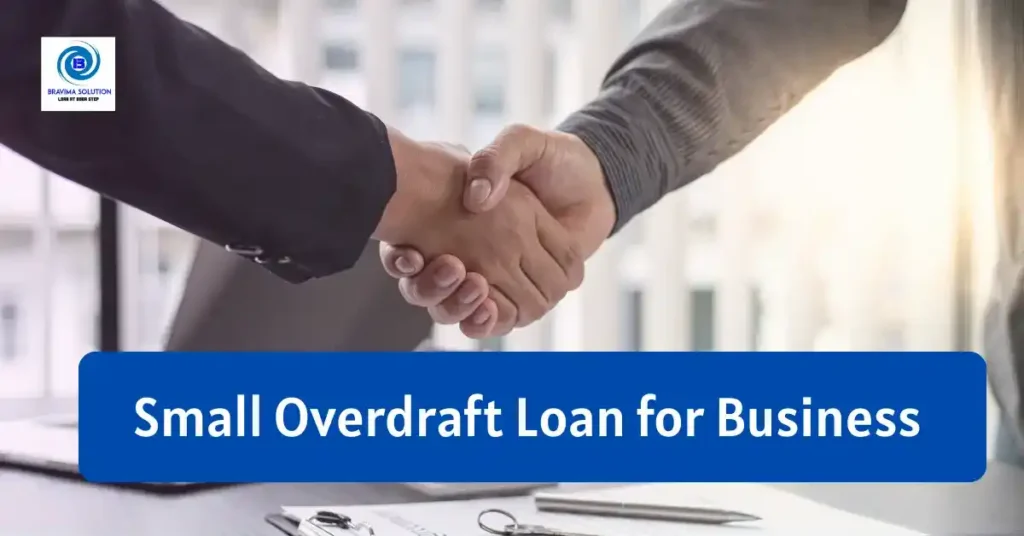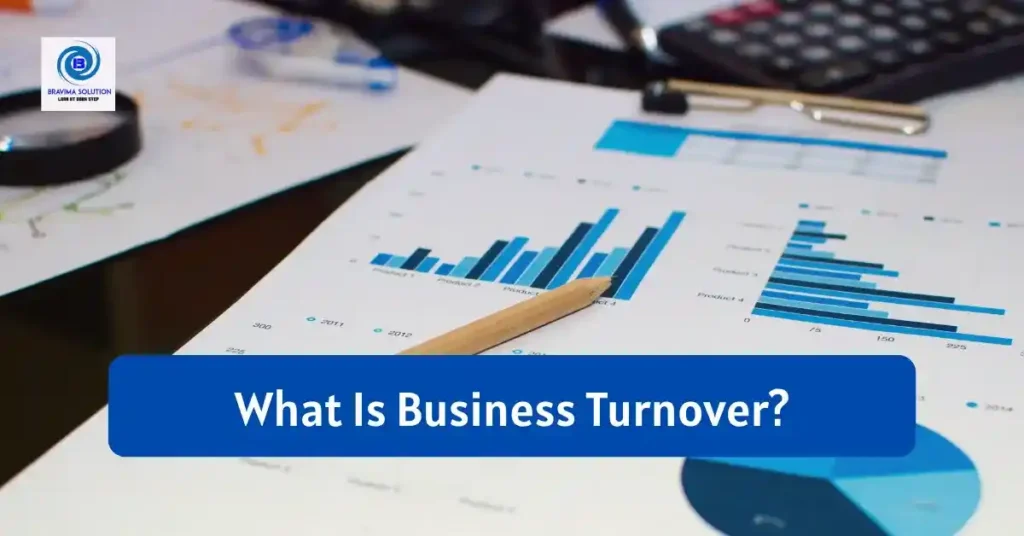
In the dynamic world of business finance, two of the most commonly referenced short-term credit facilities are Cash Credit (CC) and Overdraft (OD). While they may seem similar at first glance—both enabling access to working capital—they serve different purposes, have distinct structures, and suit different business profiles.
At Bravima Solution Pvt Ltd, we help business owners navigate these options, select the right facility, and secure the best terms through our network of NBFC banks. This guide explains what CC and OD are, how they differ, which is right for your business, and how to apply smartly.
1. What Is Cash Credit (CC)?
Cash Credit is a working-capital facility offered by banks (and sometimes NBFCs) that allows a business to withdraw funds up to a sanctioned limit against the security of inventory, receivables, stock or other collateral. The business may withdraw as needed, but the credit limit is determined largely by the value of the underlying assets.
Key traits of CC include:
- A separate account (CC account) is often created for utilisation.
- Interest is charged only on the actual amount used (in many cases) though some banks may consider drawn amount.
- The limit is typically based on “drawing power” = (Stock + Debtors – Creditors) × a factor.
- It is primarily intended for businesses with continuous working-capital requirements—traders, manufacturers, distributors.
- Collateral / hypothecation of goods or assets is usually required.
- The tenure is generally 1 year (and renewable) though some banks may have longer arrangements.
Example Scenario:
A manufacturing firm has inventory and debtors worth ₹1 crore; the bank may sanction a CC limit of, say, ₹75 lakh (75% of drawing power). The firm can withdraw funds up to that limit to purchase raw materials or meet payroll, repay when receivables come in, and reuse the limit.
2. What Is Overdraft (OD)?
Overdraft is a flexible credit facility linked to an existing current account (in most cases) that allows the account holder to withdraw more than the available balance—up to a pre-approved limit. It can be used by both businesses and individuals (depending on bank policy).
Key traits of OD include:
- It is often linked to an existing account—no separate account may be required.
- Interest is charged on the amount overdrawn (not on the full sanctioned limit) and often on a daily basis.
- The facility may be secured or unsecured; often in business context a fixed deposit or property may serve as collateral.
- Suitable for variable cash-flow needs, unexpected expenses or bridging gaps.
- Limit and features can be adjusted based on bank relationship and creditworthiness.
Example Scenario:
A business current‐account holder has an overdraft limit of ₹20 lakh. If the account balance is zero and the business needs to make a payment of ₹15 lakh, it can draw that amount. Interest will accrue only on the ₹15 lakh from the day drawn.

Short on Cash? Quick Overdraft Loans to the Rescue!
3. Cash Credit vs Overdraft – Side-by-Side Comparison
Key Take-away:
If your business has stable operations, substantial inventory/debtors and regular working-capital flow, CC may offer better cost and structure. If you need flexibility, occasional drawdowns, or unpredictable cash flow, OD may be more suitable.
4. When Should You Choose Cash Credit?
Here are situations where a CC facility makes more sense:
- You’re a manufacturer/trader with large inventory, accounts receivable, and take raw-material purchase bulk in advance.
- You plan to utilise the facility regularly, with high turnover of inventory and predictable cycles.
- You can provide collateral (stock, debtors, warehouse, property) and want a lower interest rate.
- You need a stable credit-line for at least a year or more and want to manage working capital rather than ad-hoc needs.
Checklist for CC suitability:
- Inventory cycle: 2-3 times a year
- Credit days: moderate (e.g., 30-60 days)
- Ability to pledge stock/debtors
- Clear banking track-record
5. When Should You Choose Overdraft?
Overdraft is more suitable when:
- You experience irregular cash flow—for example seasonal business, freelancer, project-based business.
- You need flexibility to draw funds multiple times, repay, and reuse.
- You prefer minimal collateral and are comfortable paying slightly higher interest for flexibility.
- You are bridging short-term gaps (supplier payment, payroll, one-time variable cost) rather than long-term working-capital.
Checklist for OD suitability:
- Current account in place with bank
- Relationship with bank or assets to secure OD
- Need for unpredictable/frequent withdrawals
- Comfortable with shorter renewal cycles

Avoid Bounced Checks—Apply for an Overdraft Loan Now!
6. Cost & Interest Insights (India Context)
While actual rates vary by bank, borrower profile, region and collateral, here are indicative points:
- CC tends to have lower spread since bank has collateral and predictable utilisation.
- OD spreads may be higher due to higher risk/flexibility.
- Because both CC and OD often charge interest only on utilised amount, they can be efficient for businesses if managed well.
- But with OD, if utilise the full limit frequently or for long periods, cost can accumulate.
Illustrative Example:
Business A: Takes CC ₹50 lakh, uses ₹30 lakh regularly → Interest charged only on ₹30 lakh.
Business B: Takes OD ₹50 lakh, yesterday overdraw ₹40 lakh, next day repay partially, next week draw more … Interest calculated daily on amount used. Flexibility is high but discipline required.
7. Documents & Eligibility – What Banks Typically Check
For Cash Credit (Business)
- Business registration (GST, MSME, incorporation)
- Audited financial statements (2–3 yrs)
- Stock/debtor details and inventory statements
- Bank statements (last 6–12 months)
- KYC of proprietor/directors
For Overdraft (Business or Individual)
- Existing current account with bank (often)
- KYC documents (PAN, Aadhaar)
- Bank statements (last 6 months)
- Collateral/security if required
- Business vintage (for business) or salary/passbook (for salaried)
Bravima’s Role: We assist you in ensuring your documentation is complete, profile matches lenders’ criteria, minimise verification delays and maximise conversion.
8. How Bravima Solution Helps You Choose the Right Facility
At Bravima Solution, our expertise lies in understanding business requirements, evaluating facility options, and matching you with the right credit product. Here’s how we add value:
- Needs Assessment: We assess your business profile—turnover, inventory, receivables, cash-flows—and recommend CC or OD accordingly.
- Lender Matching: We have tie-ups with banks/NBFCs who specialise in CC or OD financing and negotiate better terms.
- Application Support: We help compile documentation, fill forms accurately, track approvals and reduce processing time.
- Renewal Strategy: Many CC/OD facilities require annual review. We help you prepare early for renewals, maintain records, and manage terms.
- Cost Monitoring: We help you understand interest rates, monitoring charges, renewals, and help optimise cost over time.
Think of us as your working-capital finance partner—not just a provider.

Emergency Funds Needed? Grab an Overdraft Loan Fast!
9. Common Mistakes & How to Avoid Them
Mistake 1: Choosing CC when you’d rather use OD
If your cash-flow is erratic and you only need occasional drawdowns, a CC facility might leave you paying for unused limit or stuck in renewal.
Mistake 2: Using OD like a term loan
OD is not meant for long-term large borrowings without repayment — doing so may lead to high cost and risk of limit cut.
Mistake 3: Ignoring renewal requirements
Many CC facilities require annual re-application or review of stock. Failing to renew may freeze facility or increase rate.
Mistake 4: Poor tracking of utilisation
Without monitoring how much of limit is used and how often, cost may rise and banking relationship may suffer.
Mistake 5: Incomplete documentation
Incomplete files delay approvals or affect renewal terms. Use Bravima’s checklist to ensure all documents are ready.
Similar Blog
- Small Overdraft Loan for Business: A Smart Way to Manage Cash FlowRunning a small business often comes with unexpected expenses and cash flow challenges. Whether it’s paying suppliers, covering salaries, or… Read more: Small Overdraft Loan for Business: A Smart Way to Manage Cash Flow
- How to Reduce EMI on Business Loans in India: 7 Practical WaysIf you’re running a business in India, managing your cash flow efficiently is crucial—and one way to ease financial pressure… Read more: How to Reduce EMI on Business Loans in India: 7 Practical Ways
- What Is Business Turnover? Meaning, Types & Why It MattersFor any business—large or small—turnover is one of the most fundamental metrics. But what does it really mean, and why… Read more: What Is Business Turnover? Meaning, Types & Why It Matters
- Small Business Cash Advances: A Flexible but Costly Funding OptionWhen small businesses face urgent funding needs—like addressing seasonal inventory demands or unexpected expenses—they often turn to cash advances (including… Read more: Small Business Cash Advances: A Flexible but Costly Funding Option
- Business Working Capital Loans: A Lifeline For Small Manufacturers in IndiaIn today’s competitive and dynamic industrial environment, small manufacturers often face cash flow gaps that affect operations, payroll, raw material… Read more: Business Working Capital Loans: A Lifeline For Small Manufacturers in India
- What Are the Foreclosure Charges on a Business Loan?Foreclosing a business loan—i.e., paying it off before the end of its scheduled term—can be a smart move to reduce… Read more: What Are the Foreclosure Charges on a Business Loan?







